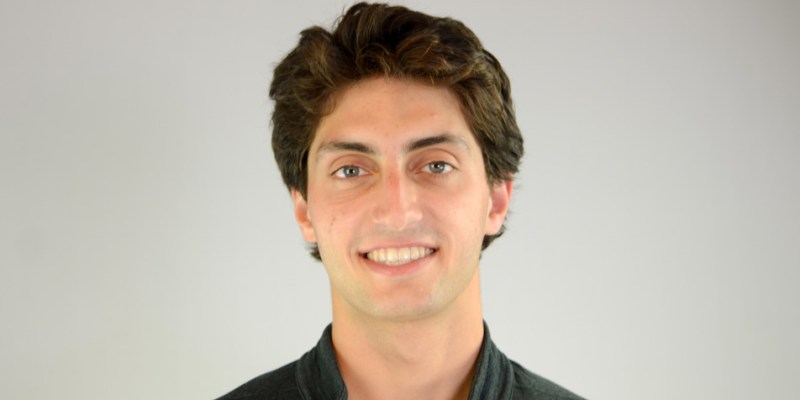I recently rewatched Allen Iverson’s infamous “we talkin’ bout practice” rant. It reminded me of how the NBA today still feels the repercussions of one of its most original players of all time. One way his impact is felt in particular is through the NBA’s relationship (when I say NBA I’m referring to its administration, especially then-commissioner David Stern) with hip-hop. At first, the NBA embraced hip-hop. As it gained popularity in the 80s, songs like Kurtis Blow’s “Basketball” could be heard blared through arenas across the country.
The 90s continued to embrace hip-hop culture, as in 1991 the NBA organized for MJ to host Saturday Night Live alongside Public Enemy. Shaquille O’Neal took the title of first published NBA rapper with “(I Know I Got) Skillz” in 1993. Other players, such as Cedric Ceballos, Kobe Bryant and Allen ‘The Answer’ Iverson would go on to produce rap music of their own, though to limited commercial success. Some time after, the NBA reversed its stance on hip-hop culture and actually took measures to counter it.
However, in the early 2000s the mood towards hip-hop culture, and even black culture, had soured. 2004 brought maybe the worst event in the history of the NBA: The Malice at the Palace. A fight erupted between the Indiana Pacers and Detroit Pistons at the Palace of Auburn Hills. The violence spilled over into the stands, as fans got involved. In 2005, the NBA implemented a rigorous dress code. This code mandated that players wear business casual attire, and it banned, among other things, headgear of any kind, headphones, chains, pendants, medallions and sunglasses while indoors. Many viewed these stringent requirements as an attack on hip-hop culture.
The dress code symbolized the NBA’s reversal towards hip-hop. The league was quick to embrace and take advantage of hip-hop as a marketing tool, but at a certain point it decided that hip-hop culture had become a problem that needed to be dealt with. Iverson rose to stardom exactly during this time period, so I decided to take a look to see if he could have had anything to do with it …
In 1993, Iverson was arrested and convicted for hitting a white woman in a bowling alley fight. This story, detailed in the 30-for-30 documentary “No Crossover: The Trial of Allen Iverson,“ shot Iverson into the national spotlight and ensured his status as a divisive public figure.
Iverson would challenge many stereotypes. He was known for challenging his coaches, which confirmed beliefs that blacks weren’t team players. But he wasn’t necessarily a freak athlete (he stood 6 feet tall and weighed a mere 165 pounds) and he gave everything he had while he was on the court. Known for his tenacity, Iverson dispelled stereotypes that blacks didn’t hustle. Of course, Iverson’s antics usually overshadowed his hard work as a player. His legendary “We talkin’ bout practice?” media session encapsulates the character that many saw him as.
Here’s my speculation: the turning point for the NBA, and maybe the most significant move Iverson made off the court, was recording music. Allen Iverson’s song “40 Bars“ actually drew the ire of the league, and appeared to be a landmark moment in the Association’s turn against hip-hop.
David Stern, then the commissioner of the NBA, heavily criticized the violent and discriminatory lyrics of the song. In response, Iverson changed the lyrics, but never ended up publishing his album. I think it’s very possible that “40 Bars” crystallized Iverson’s image as a thug and acted as the final straw to swing Stern’s opinion on hip-hop culture.
How does the NBA feel about hip-hop today? It’s a complicated relationship. Many hip-hop artists are associated with NBA teams or perform at their games. The dress code has relaxed and allowed for players to express themselves in, um, interesting ways (shout out to my man Russ Westbrook). At the same time, the NBA is a majority white owner, majority white fan league in a majority white country. It doesn’t want its players to appear to be threatening thugs. (My next column is gonna follow up on that issue of a player’s image, probably.) While he may be relegated to the BIG3 league now, AI remains instrumental to the modern NBA.
Contact Jack Golub at golubj ‘at’ stanford.edu.
